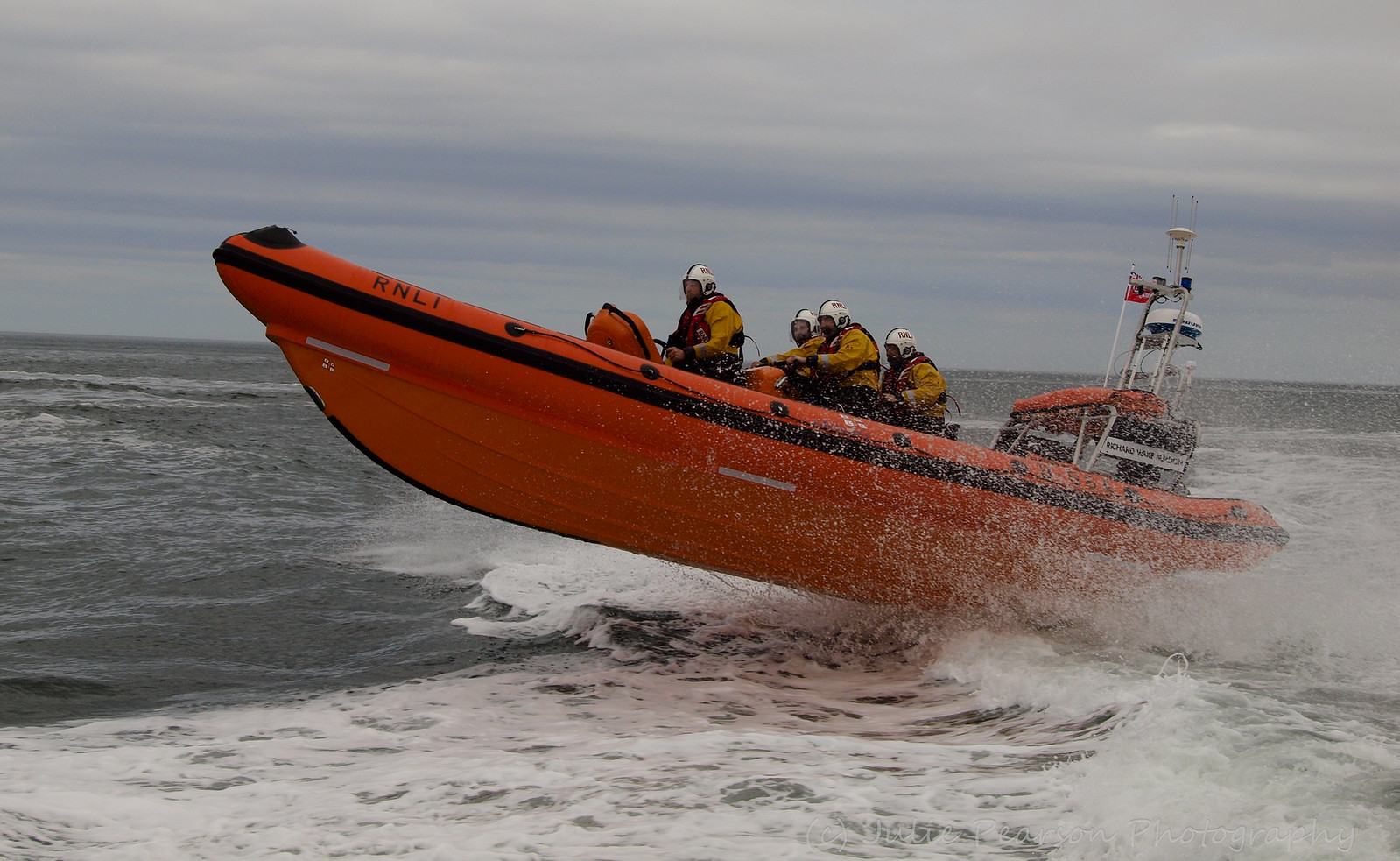
Introduction
The Royal National Lifeboat Institution (RNLI) is a vital organisation dedicated to saving lives at sea around the coasts of the United Kingdom and Ireland. Founded in 1824, it has played an essential role in maritime safety for nearly two centuries. With the ongoing increase in recreational boating and watersports, the RNLI’s mission has never been more relevant. Their services are not only crucial for those in distress at sea but also contribute significantly to public awareness regarding safety practices and risk reduction.
Recent Developments and Operations
As of 2023, the RNLI has been engaged in several notable operations, demonstrating its commitment to safety and rescue efforts. In July alone, RNLI lifeboats launched over 1,400 times, rescuing more than 600 people. Many of these incidents involve incidents where individuals underestimated the risks associated with coastal activities. The RNLI has also focused on educating the public through campaigns aimed at promoting safe boating advice, particularly during peak holiday seasons.
Furthermore, recent collaborations with local councils have aimed to increase beach safety measures. For instance, the RNLI is working closely with local authorities in popular tourist destinations to enhance lifesaving equipment access, such as lifeguard stations and rescue boards. The recent Summer Safety Campaign urged the public to respect the water, highlighting the dangers of rip currents and cold water shock, which have led to a rise in accidental drownings.
Volunteers: The Backbone of the RNLI
The RNLI’s success is largely attributable to its dedicated volunteers. Comprising over 23,000 members, these individuals donate their time and expertise to illuminate the importance of coastal safety. From lifeboat crew members to beach lifeguards and fundraising volunteers, their contributions ensure the RNLI can run its operations effectively. The institution relies heavily on donations and the commitment of these volunteers to fund its services, especially as it has become increasingly necessary in the face of climate change impacts on weather and ocean conditions.
Conclusion
The Royal National Lifeboat Institution continues to be an indispensable part of maritime safety and an exemplar of community spirit and engagement in the UK and Ireland. With rising water activity and changing environmental conditions, the need for RNLI’s presence and preventative efforts will only become more crucial. For readers, understanding and supporting the RNLI can significantly enhance community safety and protect lives at sea. Individuals can contribute either through donations or by participating in local fundraising events, helping ensure that the RNLI can continue its life-saving work for generations to come.
You may also like

Recent Train Stabbing Incident Raises Alarm Over Commuter Safety

Tragic Death on Cruise Ship Near Lizard Island
